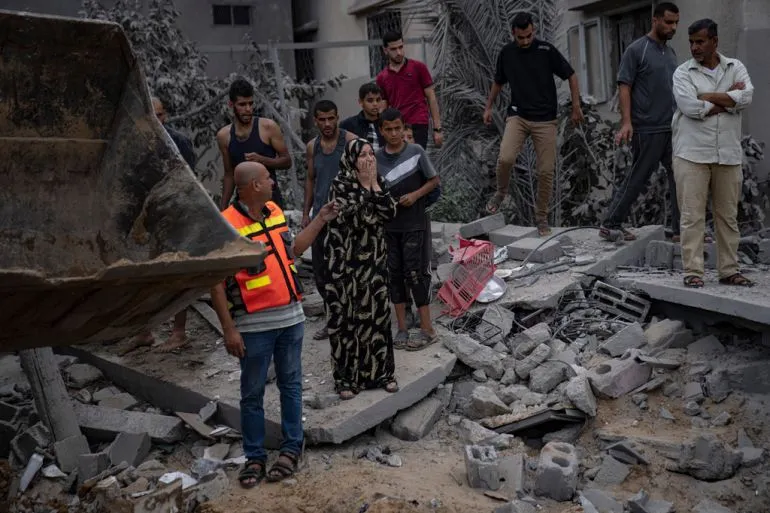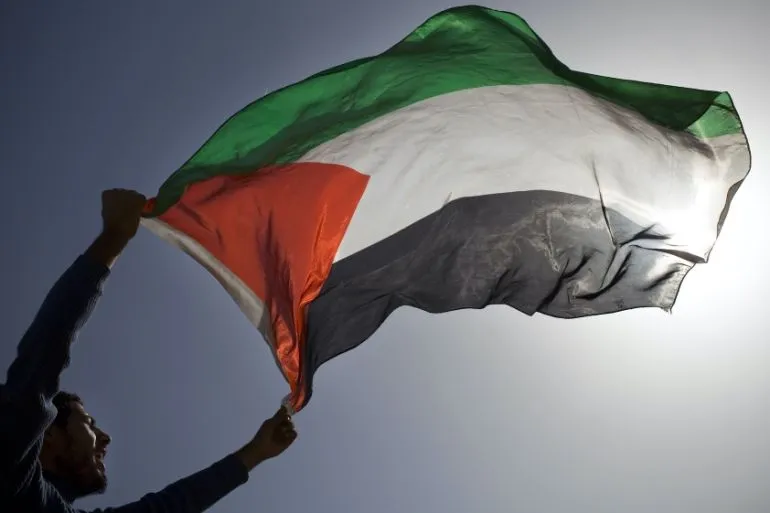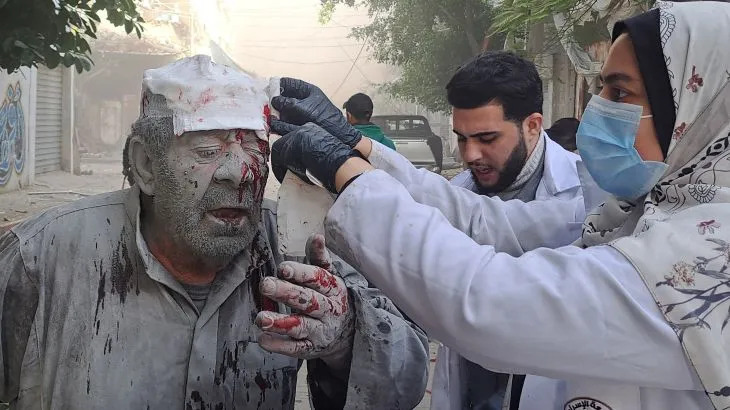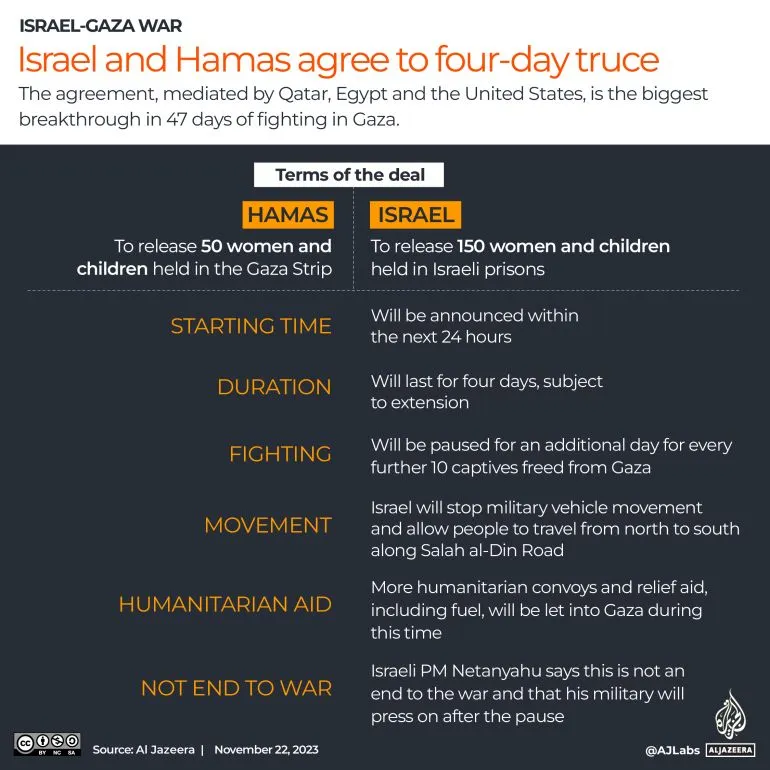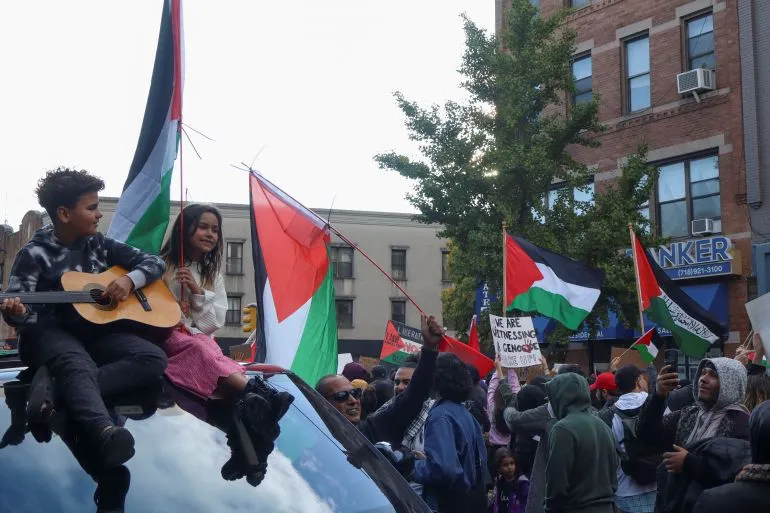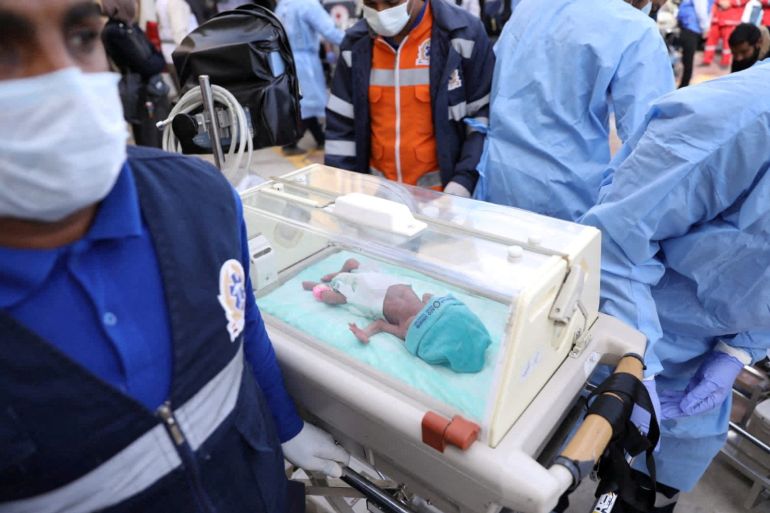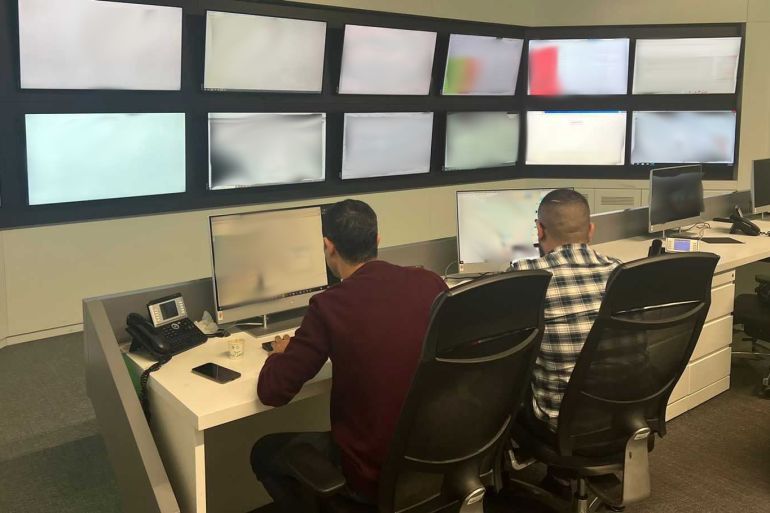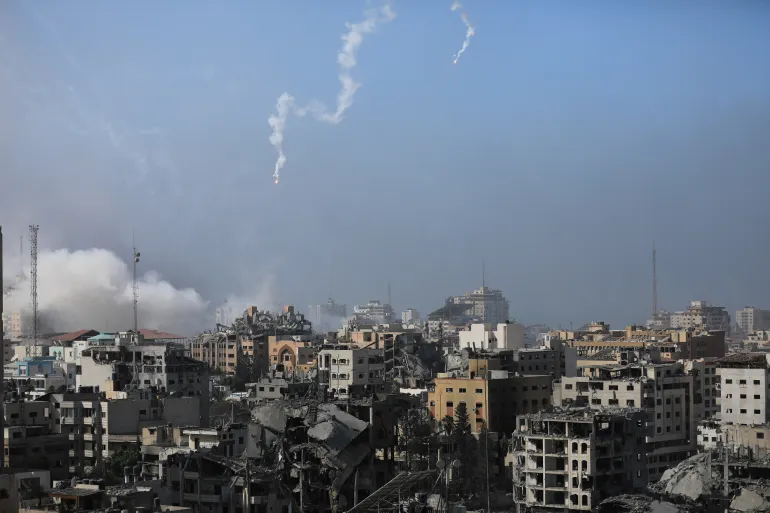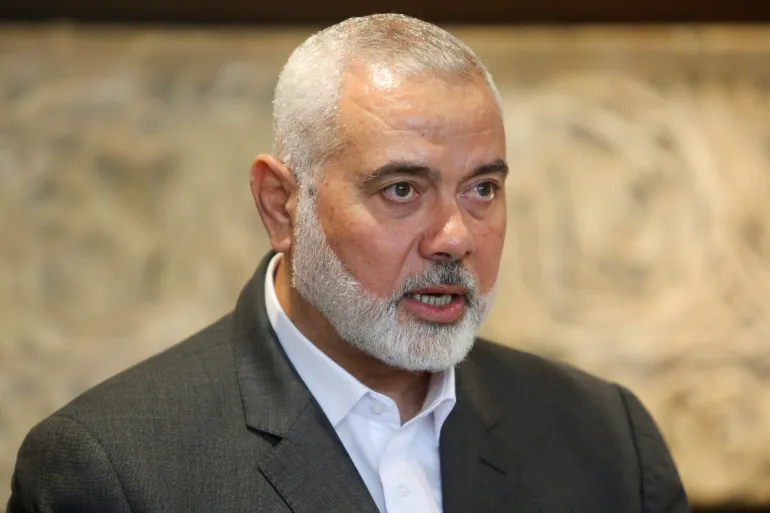What are the details of the truce between Israel and Hamas?
Four-day pause is set to begin on Friday morning and includes the release of Hamas captives and Palestinian prisoners. Mediator Qatar has announced that a four-day truce between Israel and Palestinian group Hamas, based in the Gaza Strip, is set to begin at 7am local time (05:00 GMT) on Friday. The brief pause in the fighting, which has raged since October 7, has been welcomed after weeks of intense bombardment and deteriorating humanitarian conditions in Gaza. KEEP READING list of 3 itemslist 1 of 3 Israel-Hamas deal: What makes a truce lead to lasting peace? list 2 of 3 Middle East Roundup: Nervous anticipation for truce, exchange of captives list 3 of 3 Israel-Hamas truce, captive release to begin on Friday, Qatar says end of list What’s in the deal, how will it unfold, and what can we expect to see in the days ahead? https://imasdk.googleapis.com/js/core/bridge3.605.0_en.html#goog_1106857992Play Video Video Duration 01 minutes 45 seconds01:45Mediator Qatar announces key points of Israel-Hamas truce When does the truce begin? Majed al-Ansari, a spokesperson of the Foreign Ministry in Qatar, which has played a key role in mediation between the two sides, said that the truce would take effect at 7am (05:00 GMT) on Friday. At 4pm (14:00 GMT), a group of 13 hostages being held by Hamas in Gaza will be released. What’s included in the deal? The key components are a pause in the fighting, the exchange of Hamas captives for Palestinians held in Israeli prisons, and a halt to air traffic over northern Gaza during certain hours of the day and over southern Gaza entirely. How will the hostages and prisoners be released? Over the course of four days, Hamas will release 50 women and children, from about 240 people taken captive by the group during its assault on southern Israel on October 7. In exchange, Israel will release a total of 150 Palestinian women and children held in Israeli prisons, whom Palestinians have long characterised as victims of an Israeli occupation that sweeps them into prisons with little pretence of due process. Israel has given a list of about 300 Palestinian prisoners who may be released, none of whom have been accused of murder and many of whom were held under arbitrary detention without trial. Israel has said that its forces will bar celebrations for their release. https://imasdk.googleapis.com/js/core/bridge3.605.0_en.html#goog_2137807863Play Video Video Duration 28 minutes 45 seconds28:45Why are so many Palestinians imprisoned in Israel? Israeli Army Radio has said that the first batch of 39 Palestinian prisoners will be released at about 8pm (18:00 GMT) on Friday, and that this will only occur if the hostages held in Gaza are on Israeli soil. Israel has said that the pause will be extended by one day for every 10 additional hostages released. Qatar has also stated that the International Committee of the Red Cross (ICRC) will work in Gaza to help facilitate the release process. In a statement on Thursday, the office of Israeli Prime Minister Benjamin Netanyahu said that Israel had received a list of those being released and has notified their families. The development has brought relief for some, but despair for others. What about armed activity? Asked about the status of armed activity under the deal, chief Qatari negotiator Mohammed Al-Khulaifi said “no attack whatsoever” would take place. “No military movements, no expansion, nothing,” he said. Hamas has said that Israel agreed to suspend air traffic over northern Gaza from 10am (08:00 GMT) until 4pm (14:00 GMT) each day, and over southern Gaza for the entirety of the truce. The group said that Israel agreed not to attack or arrest anyone in Gaza, and that people can move freely along Salah al-Din Road, the main street along which many Palestinians have fled northern Gaza, where Israel launched its ground invasion. Hamas also said that its armed wing and all other “Palestinian factions” will halt “all military activity” when the truce enters into effect. The group said that 200 aid trucks and four fuel trucks will be allowed into Gaza each day, as Palestinian civilians reel from a humanitarian crisis caused by weeks of Israeli bombardment and harsh restrictions on access to food, fuel, electricity and water. Is this the end of the fighting? Probably not. While countries such as Qatar, humanitarian groups, and world leaders have expressed hope that the truce could pave the way for a long-term ceasefire, both Israel and Hamas have expressed their intent to fight on. On Thursday, a spokesman for Hamas’s armed wing, Abu Obeida, said that Palestinian fighters remain ready to confront Israeli forces so long as the war continues and called for resistance to Israeli forces in the occupied West Bank. Israeli Defence Minister Yoav Gallant called the upcoming pause a “brief respite … at the end of which the fighting will continue intensely, and we will create pressure to bring back more hostages” during an interview with a navy special operations unit on Thursday. “At least another two months of fighting is expected,” he said. https://imasdk.googleapis.com/js/core/bridge3.605.0_en.html#goog_432961756Play Video Video Duration 02 minutes 28 seconds02:28Bedouin Israelis held by Hamas: Families wait for news of relatives held captive This week, Netanyahu said the deal constituted a pause rather than an end to the war. Advertisement “We are at war, and we will continue the war,” he said. “We will continue until we achieve all our goals.”
What are the details of the truce between Israel and Hamas? Read More »

